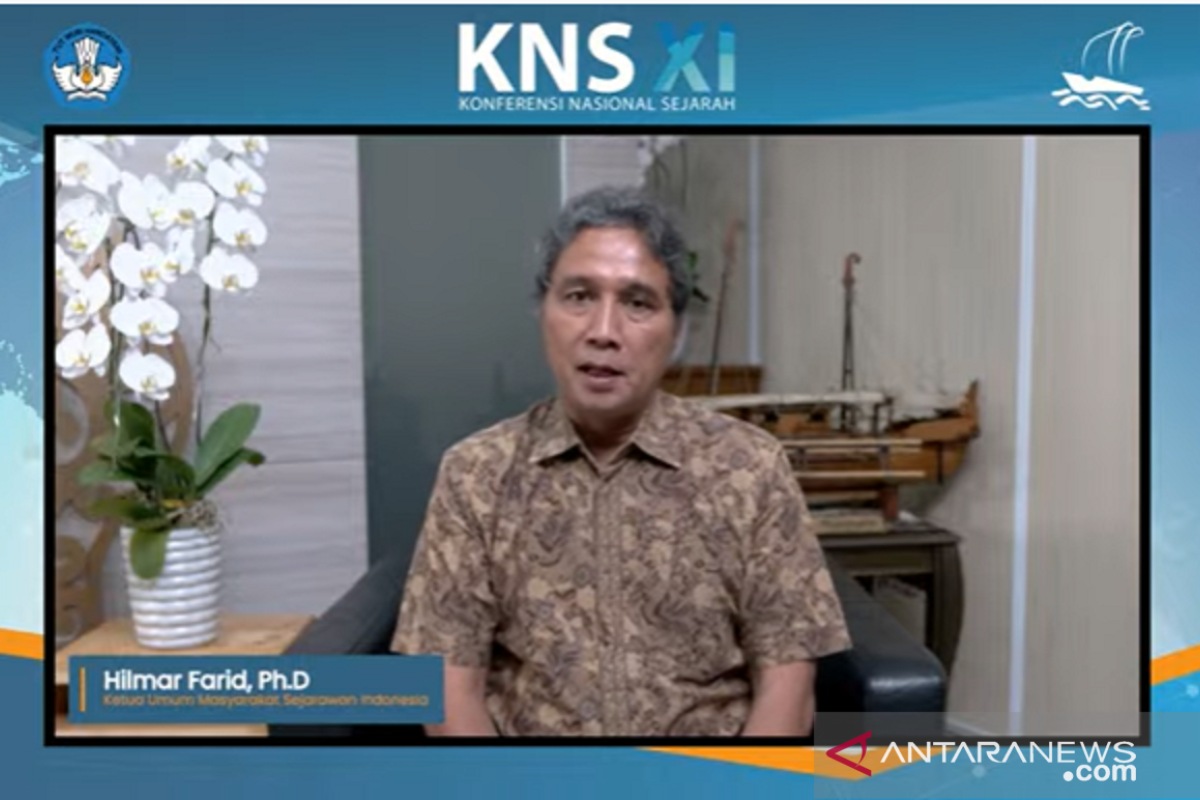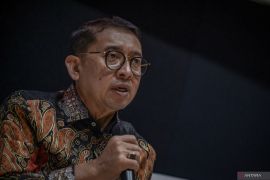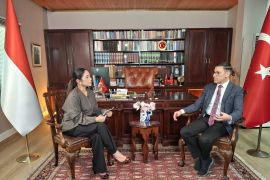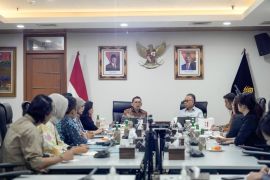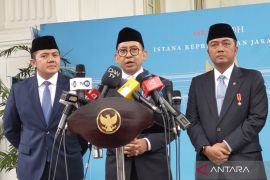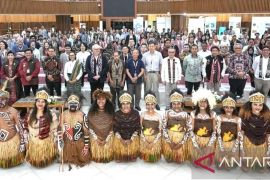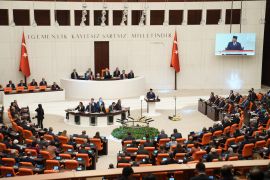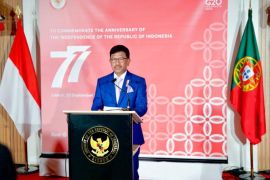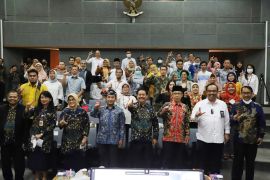Historical studies can show how small-scale communities manage nature and the environment to meet their needs without destroying themJakarta (ANTARA) - The global community can learn from history to determine strategies for dealing with the current impact of climate change, head of the Indonesian Historian Association (MSI), Hilmar Farid, has said.
"Historical studies can show how small-scale communities manage nature and the environment to meet their needs without destroying them. Such practices have been proven to be effective as they have been implemented for periods of time," he remarked at the virtual opening of the XI National Conference on History here on Monday.
A thorough understanding of the good practices used in the past for managing the environment can help the current civilization seek more effective methods for tackling climate change and create a better future together, he explained.
Currently, Farid stated, one of the biggest challenges for the global community to achieve sustainable development goals is climate change.
Recently, many leaders from several countries, including Indonesia, met in Glasgow, Scotland to attend the 26th Conference of the Parties (COP) on climate change, he noted.
The conference aimed to secure commitments from countries for mitigating global warming and the impact of climate change, he said.
In fact, the countries had formulated commitments to address the climate change issues through the Paris Agreement, he added.
However, the head of MSI said that in recent years, there has been no real effort to reduce carbon emissions which are the main cause of climate change.
Furthermore, he assessed that global conferences have shown the limitations of states’ schemes in resolving the global problem.
Meanwhile, at the same time, there has been a wave of social movements involving scientists, volunteers, activists, representatives of indigenous peoples, farmers, and fishermen for mitigating global warming, whose effect has been experienced nowadays, he said.
Related news: West Kalimantan may experience rain next week: BMKG
Therefore, global cooperation is highly necessary at every level to resolve the global problem, Farid, who is also the director general of culture at the Education, Culture, Research, and Technology Ministry, said.
Unfortunately, according to him, there is a lack of harmony between the attempts made by the states and the social movements, while, in fact, climate change is threatening everyone.
Given this situation, historical studies can help lay the foundation for new global cooperation based on the experiences of small-scale communities, which have been existing for hundreds of years, he added.
Related news: BNPB asks four provinces to remain alert for La Nina
Translator: Martha Simanjuntak, Uyu Liman
Editor: Rahmad Nasution
Copyright © ANTARA 2021
